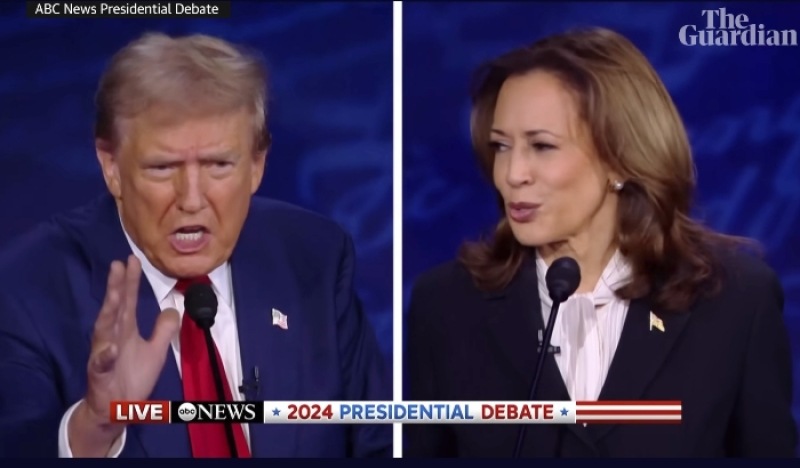
A recent study conducted by the Cultural Research Center at Arizona Christian University reveals that as many as 104 million people of faith, including 32 million self-identified Christians who regularly attend church, are unlikely to vote in the 2024 presidential election on November 5. The primary reason cited for this lack of participation is a notable disinterest in politics.
The findings, released on Monday by long-time Evangelical pollster George Barna and his research team, are based on data collected from two related surveys involving a national sample of 2,000 U.S. adults during August and September 2024. One of the surveys specifically focused on individuals who identify as Christians and attend church at least once a month.
The researchers discovered that voter enthusiasm for the 2024 election is significantly lower than it was during the 2020 election cycle. Among those who expressed an unwillingness to vote, two-thirds (68%) attributed their decision to a lack of interest in politics and elections.
Additionally, over half (57%) of the respondents indicated that they dislike all major candidates, while 55% felt that none represented their most important views. Furthermore, at least half of the respondents felt that their votes would not impact the electoral process.
The researchers posited that if these findings continue leading up to the election, former President Donald Trump's re-election may be less likely, while Democratic presidential nominee and Vice President Kamala Harris could be positioned for victory.
The study also indicates that many Christian churches have distanced themselves from the 2024 presidential election, choosing not to encourage their congregants to vote. Barna noted that despite President Joe Biden receiving 7 million more votes than Trump in the 2020 election, the margins of victory in key swing states revealed just how competitive the race was.
Barna explained, "In 2020, the margins of victory were a combined 587,000 votes or so in nine battleground states. Cumulatively, they represented about one-fifth of the Electoral College votes — 104 out of the 538 electoral votes. You only need 270 electoral votes to win the race, yet an average gap of just 60,000 votes in each of those states determined the winner of nearly 40 percent of the total electoral votes needed to win."
Barna urged churches to leverage their influence positively in the community. "Pastors often seek opportunities to have a positive influence in people’s lives and upon the culture, and to help the community in which their church is located," he stated.
He emphasized that encouraging congregations to vote as part of their biblical responsibility not only aligns with their mission but could also motivate an estimated five million regular churchgoers to participate in the election.
Barna concluded, "The 32 million Christians sitting in the pews each week who refuse to vote are a game changer. It’s low-hanging fruit for pastors as they try to motivate those congregants to carry out their civic duty and honor God through their influence for things that matter in our culture."



















